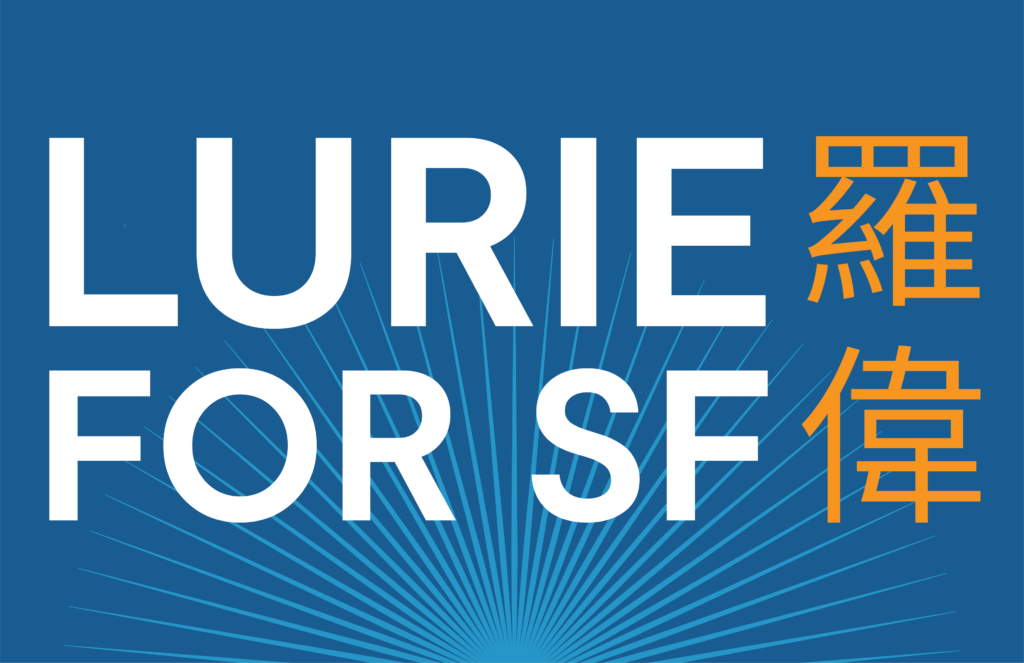Priority Policy
Arts, Culture & Nightlife
At a Glance
- Expand zoning for live/work spaces, create more housing for low-income artists, and repurpose vacant office spaces for arts and nightlife activities.
- Increase funding for arts and culture, ensuring artists receive a living wage and creating opportunities for youth performers.
- Reform City Hall’s permitting process for artists and other residents to host cultural events.
- Appoint a Deputy Chief of Staff for Arts, Culture, and Nightlife to streamline and oversee related city departments, improving coordination and accountability.
- Permanently waive startup fees for small businesses, eliminate initial inspection fees for remodels, and provide incentives like low-interest loans and grants for creative businesses.
The Details
Not that long ago, San Francisco was synonymous with the arts. Whether the Summer of Love, the Beat Generation, Ruth Asawa, Jerry Garcia, Maya Angelou, or Robin Williams, this city was a hub of creativity and a source of inspiration. These artists, movements, and moments shaped the perception of our city on the world stage.
Our connection to the arts also had a positive impact on the city. Artists are small business owners, educators, and entrepreneurs. Even today, nonprofit arts organizations generate $1.7 billion in economic activity and support 36,000 jobs per year, while nightlife employs 40,000 workers and drives $5 billion in annual spending.
Unfortunately, between the affordability crisis, unsafe streets, and a City Hall bureaucracy that hurts more than it helps, San Francisco has lost our place as a worldwide hub for creatives and nightlife. That’s why I co-founded the Civic Joy Fund: to bring more art, culture, and fun back to our streets. The fund helped start popular Night Markets in Chinatown and the Richmond. It funded beautifying and cleaning our streets, commissioned public murals, and hosted the Summer of Music.
But until San Francisco has a City Hall that prioritizes arts and culture over its own politics and dysfunction, artists will continue to struggle to afford housing, restaurant and venue owners will struggle to stay open, and our nightlife will continue as a shadow of its former vibrancy.
We have a once in a generation opportunity to remake our economy, our public spaces, and our government in a way that lifts up what has always made San Francisco special — our creative soul. We can’t afford to let business as usual politics squander it away.
City Hall will work for the creative workforce, not the other way around
As Mayor, I will reform City Hall’s siloed and unaccountable city departments that make it difficult for artists to access funding, or restaurants and venues to stay open and host entertainment. We will better use city dollars to support arts, culture, and nightlife. I will:
- Appoint a Deputy Chief of Staff for Arts, Culture, and Nightlife to coordinate, reform, and hold accountable the approximately fifteen city departments that touch arts, culture, and nightlife issues. This will make it easier to navigate funding opportunities, secure event permits, put on street festivals, and fund artist housing.
- Conduct an audit and performance evaluation of the dozens of funding streams that support arts and culture to ensure they’re meeting their goals.
- Increase funding for arts and culture events that pay San Francisco artists a living wage and feature opportunities for youth performers.
- Enable ongoing Downtown Nightlife Districts with relaxed noise open container and noise ordinance rules, additional lighting and security, and expedited permitting and inspections.
Create an easier, cheaper, and faster experience for small businesses at City Hall.
Nightlife businesses like restaurants, bars, and music venues face nearly impossible hurdles. They must get through city permitting, pay endless fees and taxes, and are on the frontlines of our public safety and drug crisis. They need real help, not more empty promises. My administration will:
- Waive small business startup fees and licenses for their first year by making the First Year Free program permanent, which is set to expire in 2025.
- Close the loopholes that allow City Hall to delay reviewing permit requests when a small business needs to remodel or make upgrades, outlined in my City Hall Accountability Plan.
- Eliminate inspection fees for bars and restaurants on their first remodel, which can reach into the thousands of dollars on even small upgrades.
- Ensure our streets are safe and clean, so businesses and people return for nightlife and cultural events through fully resourcing the police department and implementing my Drug and Mental Health Plan.
- Build upon community safety programs in order to provide community-rooted deescalation and safety services (e.g., Castro Community on Patrol).
- Incentivize small creative businesses like design firms, galleries, and indie publishers with low-interest loans, grants, tax breaks, and shared workspaces.
Enable creatives to live, work, and gather in San Francisco.
Supporting arts and cultural creators supports our entire economy. We have a record amount of vacant office and ground floor retail space. Let’s think creatively to put it to use. I will:
- Expand zoning to allow more “live/work” uses in vacant ground floor retail space, so artists, musicians, and performers have more options to live and work in the city while also activating our vacant ground floors.
- Create more housing dedicated to low-income artists, musicians, and performers, so they can afford to live and work in San Francisco.
- Leverage vacant offices to support the arts and nightlife communities by allowing flexible zoning to transform vacant offices into practice spaces, co-ops, galleries, and performance areas.
- Repurpose empty buildings as rehearsal spaces for musicians and studios for artists, addressing the dual affordability challenges of living and creating art in the city.
